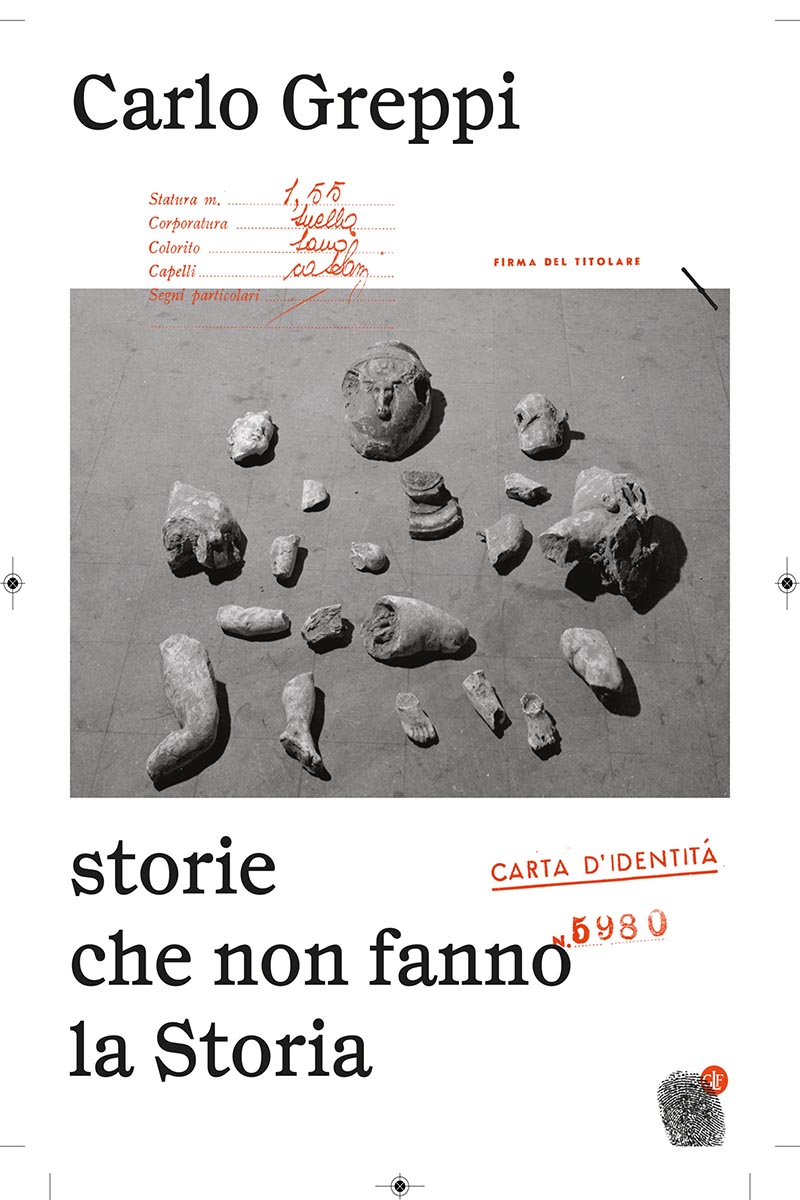
Pages: 128
Series: IR/L
ISBN: 9788858155189
Stories That Dont Make History
RIGHTS SOLD TO:
Eumo (Catalan)
Most people do not lead armies into battle, do not change the fate of the world, do not make ‘history’. But those small ordinary lives of which we find no official trace can point us to important truths. How can the historian tell these stories without rhetoric and fabrication?
At school, we studied history and considered it a study based on remembering dates, names and battles. Then, at home, each of us listened to the story of our own family, grandparents and great-grandparents, and how that small story intertwined and crossed with the big History.
How to connect the two? What is the historian’s task?
Marc Bloch said that “The good historian is like the giant of the fairy tale. He knows that wherever he catches the scent of human flesh, there his quarry lies.” The usual narrative of history has always neglected ordinary lives: it is time to study the contribution of ordinary people to the collective human story. In this passionate book, Carlo Greppi guides us through the myriad of choices one makes when constructing a historical narrative: the point of view, the tone, the editing, the handling of sources and historiography, up to the ‘staging’ of the results of one’s research.











